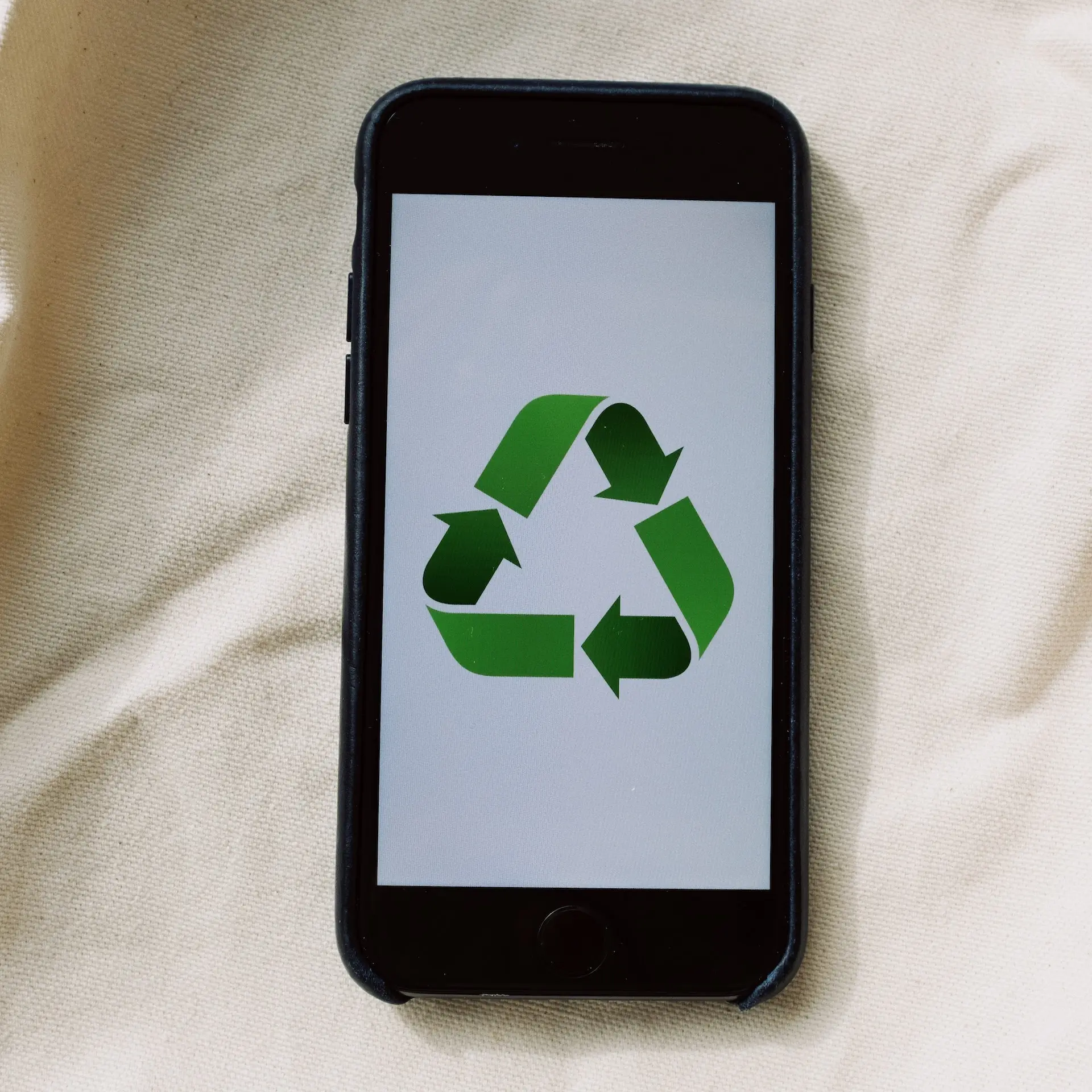Sustainable Sourcing

INTRODUCTION
For any organisation to survive and thrive in today’s highly competitive world, its supply chain needs to be optimised for positive impact. Ethical, responsible and sustainable sourcing must be and has started becoming one of the core commitments of corporations around the world.
Before we dive deep into understanding more about earth-friendly supply chains, it is imperative to know what sustainable sourcing means and how it differs from sourcing in general. In its typical sense, sourcing means finding the most suitable supplier that provides the quality of goods or services at a price that allows a business to be viable. On the other hand, sustainable sourcing is sourcing plus the incorporation of practices that actively generate environmental and social good, with an aim to reverse climate change as well as empower various stakeholders in a business ecosystem.
WHY WE NEED SUSTAINABLE SOURCING?
Today, the world faces innumerable environmental and social challenges owing to reckless industrialisation and commercialisation over the past few decades. According to a 2017 study, just 100 companies have been the source of more than 70% of the world’s greenhouse gas emissions. Now, these companies ought to take the responsibility of understanding the impact they have on the planet and their stakeholders, and of minimising their negative impact as well as maximising positive impact. This includes taking into account who their suppliers are, how they do business and what standards they operate by. In doing business with a supplier, you are choosing to invest in that supplier and as a result their business practices, good or bad, will reflect on your brand value.
A significant bottleneck that businesses face in implementing sustainable sourcing is the accessibility and reliability of suppliers that claim to be sustainable. Unfortunately, there isn’t much that is being done to find the right suppliers, adopt the right materials, and incorporate the right processes as far as environmental impact is concerned. A study conducted by Accenture and HFS revealed that only 40% of MNCs had dedicated sustainability teams working towards sustainable sourcing strategies. While it was acknowledged that sustainable sourcing actively supports an organisation’s sustainability efforts, there was barely any focus on getting it right. We were not aware of the damage before, but we are now, and we can make a difference. Thus, businesses need to gear up and adopt sustainable sourcing without further ado. After all, sustainable supply chains are smart supply chains.
Sustainable sourcing provides a multitude of benefits, and most times, becomes an opportunity for businesses to champion their respective domains. Sustainable sourcing practices can unlock monumental decarbonisation for organisations that have pledged to go net-zero, and optimise supply chains in line with ESG mandates and CSR requirements.
The following are a few ways in which sustainable sourcing helps the environment:
- It reduces pollution and waste in the supply chain and contributes to a healthy and flourishing planet.
- It minimises water contamination, both freshwater as well as oceans, and allows aquatic life to thrive undisturbed.
- It fights climate change by reducing the organisation’s carbon footprint, thereby lowering greenhouse gas emissions.
- It decreases exposure to toxic and hazardous materials by promoting natural alternatives that do not adversely affect human, flora and fauna.
Furthermore, sustainable sourcing is not just confined to helping the environment. Sourcing thoughtfully can also contribute to boosting your business. The following are some benefits to other stakeholders and the society:
- Consumers have started putting more faith and trust in businesses that adopt sustainable practices. This improves customer satisfaction and retention among existing clientele as well as attracts new clients.
- Supporting local suppliers that are small and medium businesses augments income for its owners and employees, which become investments into the economy for citizens to reap benefits.
- Nurturing earth-friendly enterprise encourages research, development and innovation that can further help reverse climate change with the introduction of new technologies, materials and processes.
- Implementing sustainable practices reduces social costs such as damage to public health owing to pollution and waste generation by large corporations.
Case Study: How traditional Indian businesses are making the food and beverage industry plastic-free:
Haldiram’s is a go-to for many that crave traditional Indian snacks and food. To the earth’s pleasant surprise, a business that was generating substantial plastic waste until lately has taken up the mission to be more responsible.
Haldiram’s has partnered with an exemplary supplier of compostable tableware and packaging called Chuk. Their products are made from bagasse i.e., sugarcane waste, and are safe to eat in as well as 100% compostable. They are vegan, toxin-free and highly climate-positive. They are also microwavable, ovenable and freezable, so no compromise on utility. On average, Chuk’s products take around 60 days to decompose, as opposed to plastic that takes more than 500 years.
The annual revenue of Haldiram’s crossed the 1 billion dollar mark in 2020, and has been growing ever since. With such high sales, imagine the amount of plastic they would still be creating had they not adopted sustainable sourcing. With the help of Chuk, Haldiram’s has taken a revolutionary step towards sustainability and has become quintessential in the food and beverage segment.
Halidram’s claims that without its suppliers, their efforts would be meaningless. The company maintains relationships with thousands of potato farmers, offering training, helping with selection of seeds, fields and crops, and carrying out harvests. It acknowledges the value of deepening relationships with its suppliers for its success. They have found great success while adhering to global environmental standards, which serves as a wonderful success story to emulate. If not for brands like Chuk, transitioning to an earth-friendly supply chain would not have been possible for even a big brand like Haldiram’s.
CONCLUSION
Climate change is the most alarming problem of our time and threatens the sustenance of life on earth. Since large corporations have been a major contributor to this damage, it is incumbent upon them to gear up and make amends. Many have started taking action by reevaluating and revamping their strategies, and many more must do so. It is clear that by adopting sustainable sourcing, these corporations can make a huge difference among other steps that they take.
If your company has just started working on turning sourcing more sustainable, it is understandable that this process may be overwhelming to plan and execute. Do not worry! Impacto is here to help you with anything and everything that you require. The easiest way to start is to ask questions. Do you have the right suppliers? Are they certified for sustainability? Are the inputs you source and the practices you apply adversely affecting the environment? Is there a more sustainable path to take? That’s one we can answer for you: there most certainly is. This is your chance to continue building and growing with purpose. Get in touch with us and let’s go net-zero together!

 INR
INR  AUD
AUD  GBP
GBP  EUR
EUR  USD
USD 


